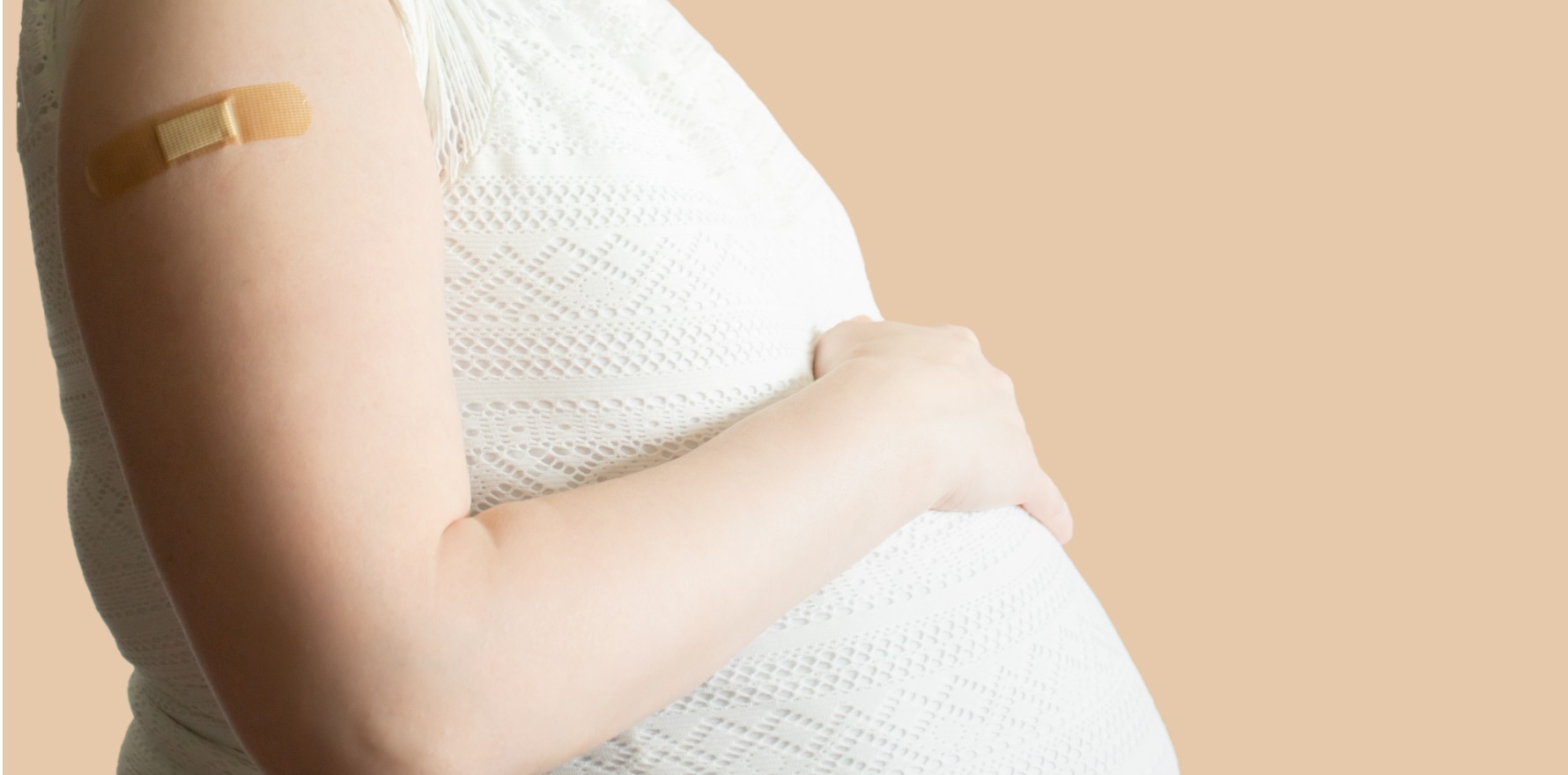The price has come down, prompting a change of heart.
The Pharmaceutical Benefits Advisory Committee has now recommended adding RSVpreF (Abrysvo) to the National Immunisation Program for pregnant women.
The TGA approved Abrysvo earlier this year for use in pregnant women 24-36 weeks’ gestation. A maternal vaccination study found that infants from vaccinated mothers had an 82% lower risk of severe lower respiratory tract infection associated with RSV in the first three months of life compared to placebo. For the following three months, a 69% risk reduction was noted.
Despite this, the PBAC rejected the previous submission for inclusion in the NIP based on the cost of the vaccine. Pfizer have now returned with a proposal of reduced cost, prompting the PBAC to change their recommendation.
As of last month, the National Notifiable Disease Surveillance System has recorded nearly 105,000 cases of RSV, 56,604 in children four or younger. There were 128,000 cases recorded for the whole of 2023.
In its latest recommendations, the PBAC also suggested that the PBS listing for Aflibercept (Eyelea) 8mg should be extended to include diabetic macular oedema (DMO) and subfoveal choroidal neovascularisation (CNV) secondary to age-related macular degeneration (nAMD).
They rejected a submission to include foslevodopa/foscarbidopa (FosLD/FosCD) (Vyalev) for the treatment of advanced Parkinson’s disease in the PBS. This was due to concerns surrounding efficacy that they felt were not sufficiently addressed in trials as well as cost-effectiveness uncertainty.
They also recommended an amendment to current restrictions on somatropin, which requires patients to undergo dynamic testing. The amendment would allow patients with established hypothalamic-pituitary disease to access somatropin treatment without needing to do an insulin tolerance test or glucagon provocative test, improving patient access.


